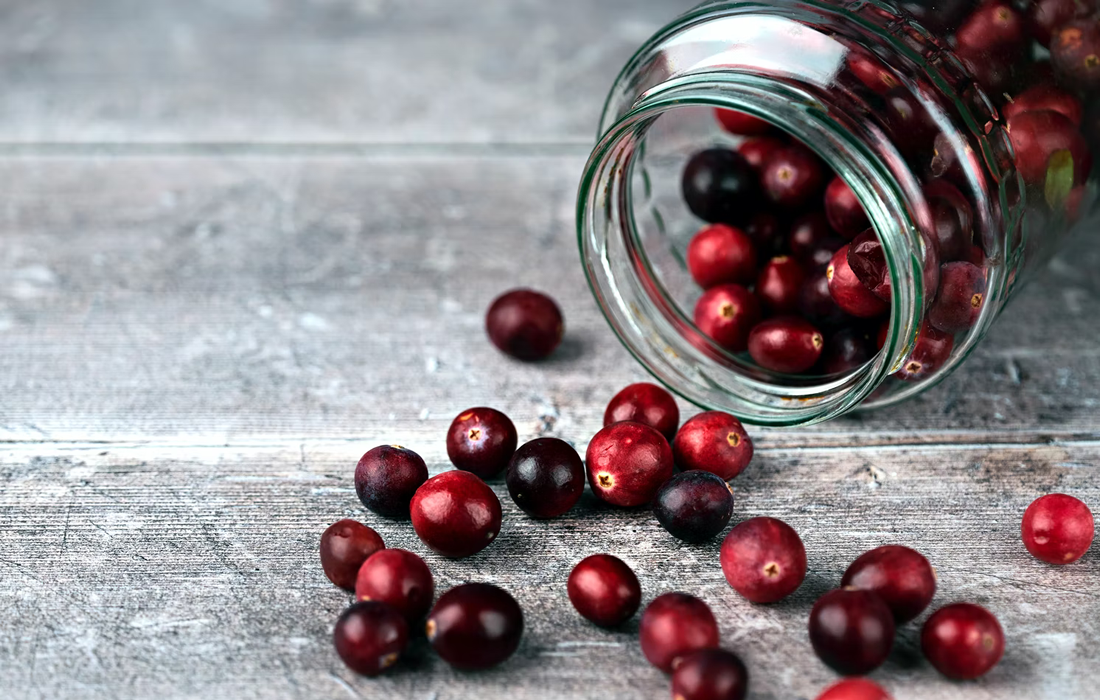Nutrition and Supplements
Cranberries May Improve Memory and Brain Function
The WHO estimates that by 2050, 22% of the world’s population will be aged over 60 years. This is a product of increasing life expectancy, which should be viewed as an exceptional achievement; yet the improvement remains somewhat overshadowed by the absence of preserved quality-of-life.
One important area that is associated with aging is cognitive decline. Dementia incidence is projected to double every 20 years, affecting an estimated 152 million individuals by 2050.
Studies have shown that higher dietary intake of flavonoids is associated with slower rates of cognitive decline and dementia. Foods rich in anthocyanins and proanthocyanidins such as berries are consistently shown to improve cognition, and are further supported by multiple studies.
Cranberries are rich in polyphenols, such as anthocyanins, proanthocyanidins, flavonols and hydroxycinnamic acids, with antioxidant and antiinflammatory effects.
In a recently published study, researchers evaluated the health impact of consuming the equivalent of a cup of cranberries a day in adults of 50 to 80 years of age. The results appear in the journal Frontiers of Nutrition.
Improved Episodic Memory and LDL Levels
The study included a total of 60 men and women, and individuals with memory problems, underlying medical conditions or who were taking specific medications were excluded. Baseline visits that included tests to evaluate cognitive abilities and MRI scans were taken.
The participants were given sachets that contained either freeze-dried cranberry powder or a placebo powder, and took 2 sachets per day for a total of 12 weeks.
At the end of the study the team assessed memory, cognitive function, and spatial orientation and found that those consuming the cranberry extract demonstrated significant improvements in visual episodic memory performance.
Also, the team observed a significant decrease in LDL cholesterol levels in the participants consuming the cranberry supplements.
Source:
Emma Flanagan, et al. Chronic Consumption of Cranberries (Vaccinium macrocarpon) for 12 Weeks Improves Episodic Memory and Regional Brain Perfusion in Healthy Older Adults: A Randomised, Placebo-Controlled, Parallel-Groups Feasibility Study. Front. Nutr., 19 May 2022 | https://doi.org/10.3389/fnut.2022.849902
Image from:
Photo by Rasa Kasparaviciene on Unsplash

